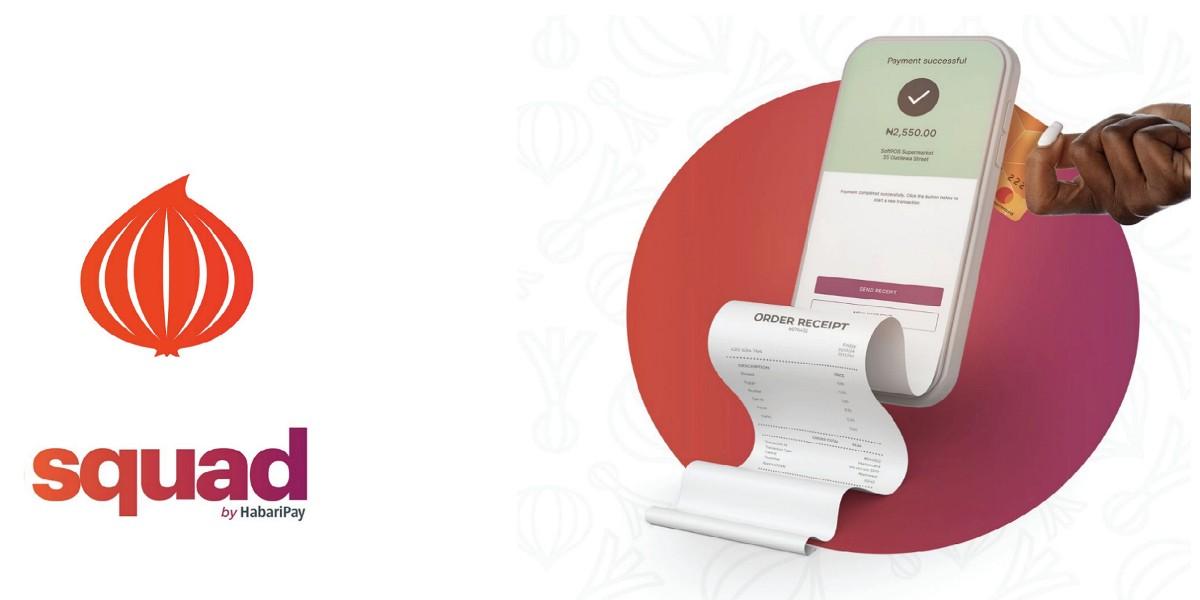HabariPay Limited, the fintech arm of Guaranty Trust Holding Company (GTCO), recorded a profit before tax of N4.02 billion in the first half of 2025, almost double its profit from the same period last year.
According to GTCO’s financial statement for the period ended June 30, 2025, the profit represents about 0.67% of the group’s total pre-tax earnings. In H1 2024, HabariPay made N2.07 billion, showing a 95% year-on-year growth.
The increasing adoption of digital payments in Nigeria, driven by convenience, efficiency, and cost savings, benefits HabariPay. This growth signals a successful diversification into fintech for GTCO, especially as its core banking business faces challenges.
Increased income, increased expenses but better profits
Revenue streams for HabariPay grew substantially in the first half of the year. Its operating income increased by 82% to N5.05 billion from N2.77 billion in the comparable period of 2024.
Growth was driven by increased transaction volumes and wider adoption of payment solutions, especially among individual and small business platforms. This larger customer base on HabariPay’s platforms resulted in higher service revenues and processing fees.

The fintech platform’s income growth and expenses also increased. Operating costs rose from N703.3 million in H1 2024 to N1.03 billion in H1 2025, driven by HabariPay’s investments in operational expansion, infrastructure development, and customer experience enhancement.
Despite its expansion, the company maintained cost-efficiency and strong margins, indicating a successful business model. HabariPay’s bottom line also benefited from zero loan or taxation charges during the period.
GTCO’s bottom profit declines, but investor confidence remains high
While HabariPay maintained solid performance, the holding company, GTCO, experienced a tougher financial period. The group’s profit before tax declined by 40%, from N1 trillion in H1 2024 to N600.9 billion in H1 2025.
The drop was largely caused by a sharp fall in foreign exchange gains. In 2024, GTCO benefited heavily from FX revaluation, booking over N600 billion in gains. In 2025, those gains reduced to just N26 billion, removing a major boost that had inflated last year’s numbers.
Despite a recent dip, GTCO demonstrates long-term stability. Its share price has steadily increased from N29.20 in 2020 to N94.00 in October 2025, representing a compound annual growth rate (CAGR) of 28%. With a 64% year-to-date increase, investor confidence in GTCO’s long-term prospects remains strong.
The strength of HabariPay’s performance becomes even clearer in the context of GTCO’s overall numbers. As the parent company faces tighter profit margins in traditional banking, the fintech subsidiary’s contribution points to the future of the group’s growth strategy.
GTCO has been intentional about using HabariPay to expand into digital payments, tapping into Nigeria’s fast-growing fintech market. The sector is being shaped by younger consumers, mobile-first transactions, and government support for a cashless economy.


HabariPay’s growth suggests that GTCO is beginning to benefit from this shift. By building a fintech that operates with the speed and flexibility of independent startups, GTCO has found a way to compete with newer digital-first players while leveraging its existing customer trust.
Read also: GTCO records N2.78 trillion in debit card transactions in H1’25
Moreover, the company’s lean structure allows it to remain profitable without the large-scale costs often associated with banking operations. With no loan losses, lower regulatory overhead, and an expanding user base, HabariPay is becoming an important source of stable income for GTCO.
HabariPay, fintech competition and what comes next
Nigeria’s fintech sector is booming, attracting over $2 billion in foreign investment in 2024 and becoming one of Africa’s leading tech industries. This growth is fueled by widespread smartphone use, digital banking adoption, and the demand for efficient payment solutions.
HabariPay’s increased profitability reflects a broader trend of banks leveraging fintech subsidiaries to compete with independent digital payment startups like Flutterwave, Paystack, and OPay, demonstrating that traditional institutions can still thrive in this space.
HabariPay’s ability to sustain its growth will be tested in the coming months as it faces higher costs and increased competition. Maintaining efficiency and user trust will be crucial for the company to potentially become a major growth driver for GTCO in the next few years.
The fintech’s strong showing tells a broader story about how Nigeria’s biggest banks are adapting to the digital economy. Rather than viewing fintechs as rivals, many are now building or acquiring their own digital arms to stay relevant in a rapidly changing market.


GTCO’s decision to establish HabariPay years ago is now proving strategic. The fintech’s success means that GTCO can cushion some of the volatility in its core banking business with stable digital income.
As Nigeria continues to embrace digital finance, more people and businesses will rely on platforms that make payments easier and faster. For GTCO, that shift represents not just a new revenue stream but a path to long-term sustainability in a tech-driven economy.








